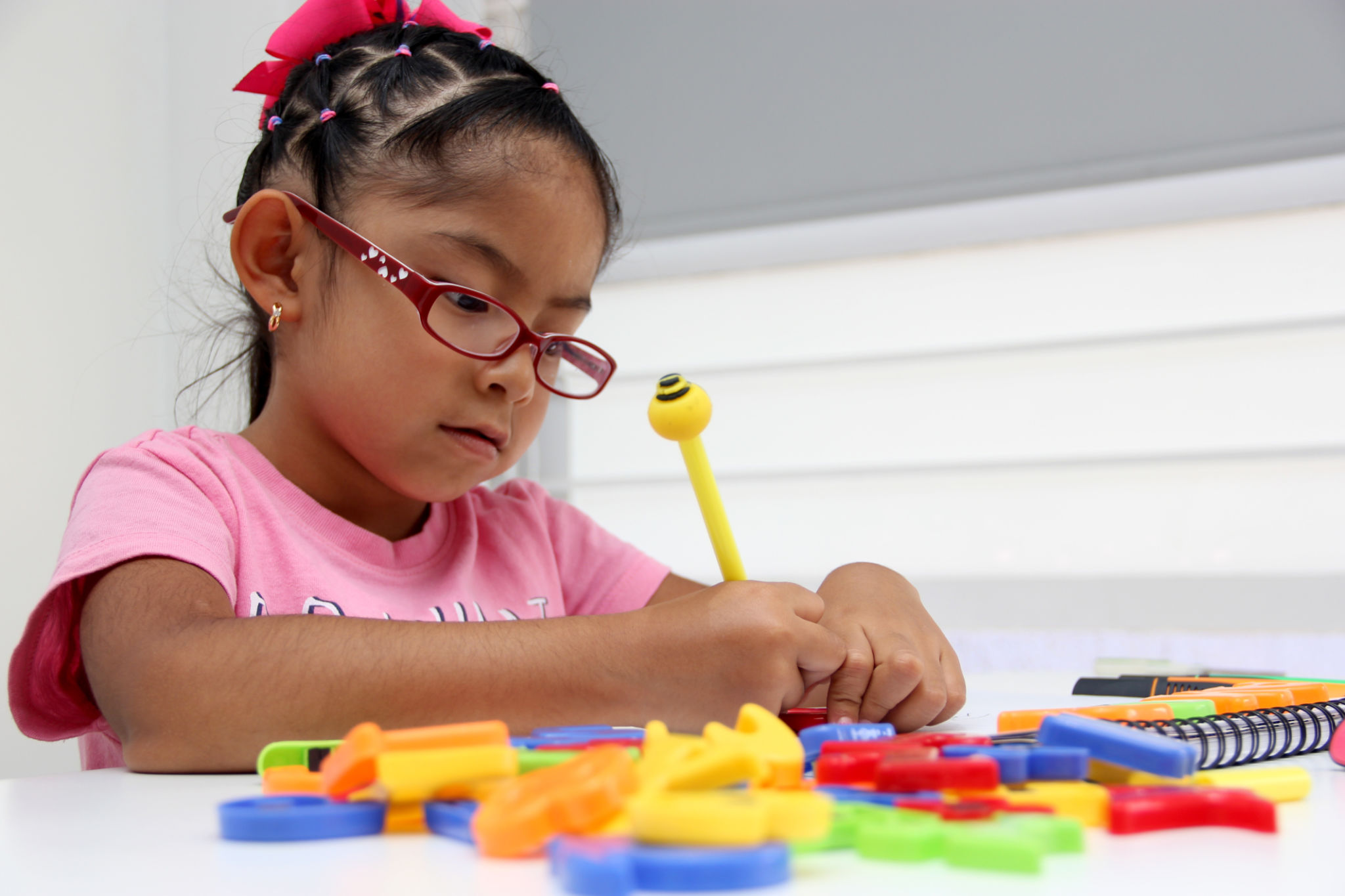Supporting Children with ADHD in KL: Tips for Parents and Educators
Understanding ADHD in Children
Attention Deficit Hyperactivity Disorder (ADHD) is a common neurodevelopmental disorder that affects millions of children worldwide, including those in Kuala Lumpur (KL). Recognizing the symptoms early can significantly help in managing the condition effectively. Children with ADHD often exhibit symptoms such as impulsivity, hyperactivity, and difficulty in maintaining attention. Understanding these symptoms is the first step for parents and educators to provide the necessary support.

The Importance of Early Diagnosis
Early diagnosis of ADHD can lead to more effective intervention strategies, improving a child's academic and social life. Parents should monitor their children's behavior and consult healthcare professionals if they notice any persistent symptoms. Schools in KL often collaborate with specialists to provide assessments and resources for children who may have ADHD. This proactive approach can make a significant difference in a child's development.
Creating a Supportive Environment
Establishing a nurturing and structured environment at home and school is crucial for children with ADHD. Consistent routines and clear expectations help them feel secure and reduce anxiety. Parents and educators should use positive reinforcement to encourage desirable behaviors, which can boost the child's self-esteem and motivation.

Strategies for Parents
Parents play a pivotal role in supporting their children with ADHD. Here are some strategies that can be beneficial:
- Maintain a Routine: Consistency in daily activities helps children with ADHD to manage their time better.
- Break Tasks into Smaller Steps: Large tasks can be overwhelming, so breaking them into manageable parts can aid concentration.
- Encourage Physical Activity: Regular exercise can help reduce hyperactivity and improve attention.
Educator's Role in Supporting Students
Educators in KL can significantly impact the lives of students with ADHD by implementing tailored teaching strategies. Using visual aids, interactive activities, and varied teaching methods can help maintain the students' attention and engagement. It's also beneficial to offer additional time for assignments and tests to accommodate their needs.

Collaborating with Professionals
Collaboration between parents, educators, and healthcare professionals is key to effectively supporting children with ADHD. Regular meetings and communication ensure that everyone involved is on the same page regarding the child's progress and needs. Professionals can provide insights and strategies that are specific to each child, ensuring that interventions are personalized and effective.
Leveraging Community Resources
KL offers several resources for families dealing with ADHD. Support groups, workshops, and seminars provide valuable information and a sense of community for parents seeking guidance. Engaging with these resources can empower families by sharing experiences and learning from others facing similar challenges.
Supporting children with ADHD requires a collaborative and informed approach from both parents and educators. By understanding the condition, creating supportive environments, and leveraging community resources, we can help these children thrive academically and socially.
